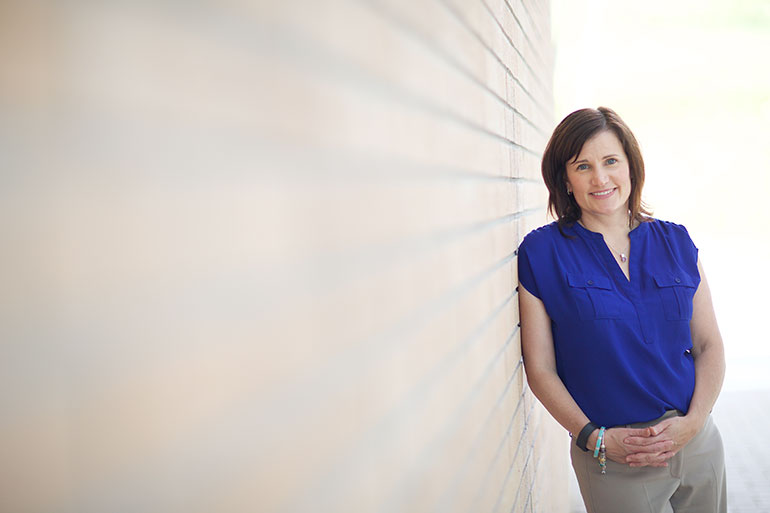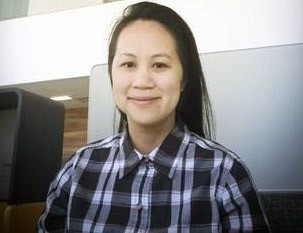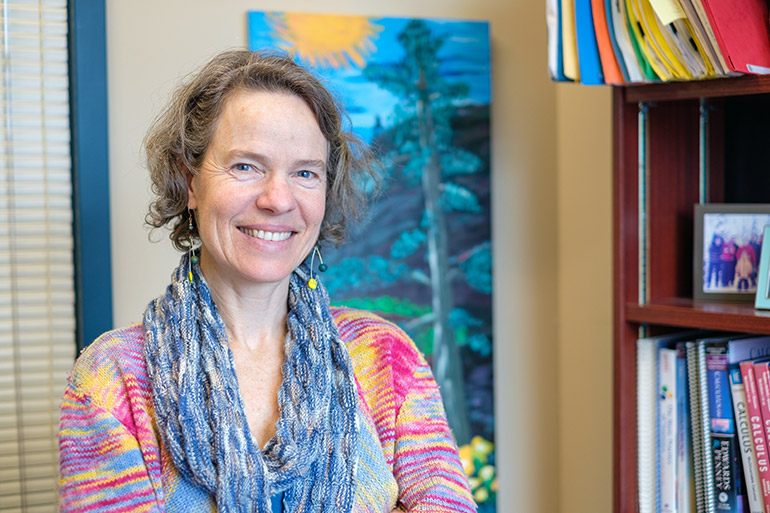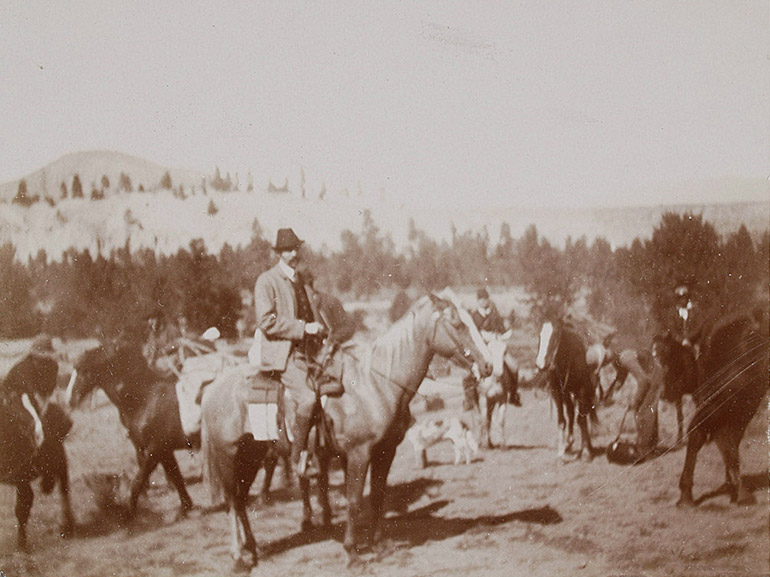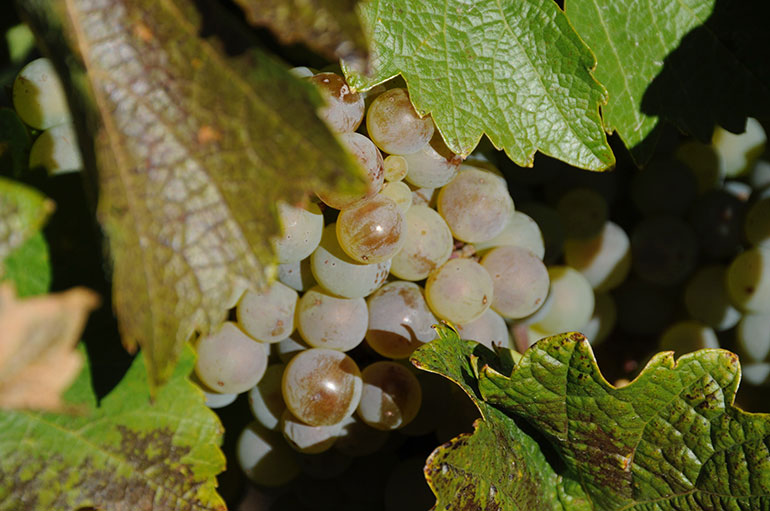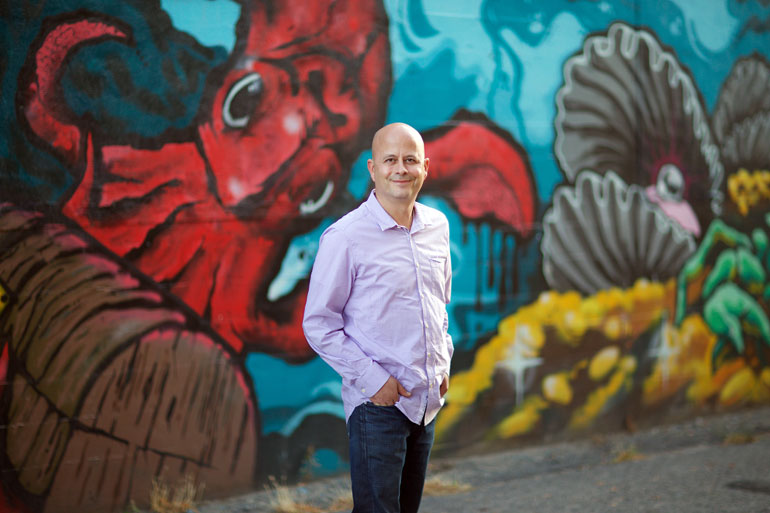
Zach Walsh, a clinical psychologist and professor in psychology in the Irving K. Barber Faculty of Arts and Social Sciences.
Psychological service adapts to support community during COVID-19
At a time when many are in critical need of counselling and mental health services, UBC Okanagan’s Problematic Substance Clinic use has announced that it will be shifting its services online to support the community during COVID-19.
Founded in 2018 by Zach Walsh, a clinical psychologist and professor in psychology in the Irving K. Barber Faculty of Arts and Social Sciences, the clinic’s mandate is to help members of the Okanagan community reduce the negative effects of drug and alcohol use.
Walsh says physical distancing measures due to COVID-19 have made it challenging for his team to see patients in-clinic, prompting him to transition the service into an online delivery format.
And it comes at a time when, he says, the need is greater than ever.
"Evidence suggests that problematic substance use is on the rise during the pandemic; we’re trying to fill a crucial gap in our community for folks in need of support," explains Walsh, adding that virtual delivery also creates an opportunity for those living in rural Okanagan communities to access care.
The Canadian Centre on Substance Use and Addiction acknowledges the effects of living in a COVID-19 world may indeed lead to an increase in substance-use disorders, noting that major life changes, feelings of social isolation and anxiety from economic despair could result in increasing problematic use of drugs and alcohol.
“I want people in the Okanagan to know that there’s support available to help reduce harms associated with using drugs like alcohol, opioids and others, even during the COVID-19 pandemic,” says Walsh. “We’re here to help, whether people want to cut back, quit or just change how they use.”
The clinic uses the latest evidence-based treatments to address substance-use disorders from a harm-reduction perspective, providing low-barrier, online treatments for those seeking help with substance abuse.
Walsh is quick to explain that their approach caters to the individual, rather than being one-size-fits-all.
“The treatment team develops individualized intervention plans using approaches like cognitive-behavioural therapy and motivational interviewing to help clients attain their substance-use goals,” says Walsh. “We’re fortunate to have an excellent team of doctoral-level students under my supervision.”
“We meet people where they are at, in a non-judgemental, supportive environment — that’s the care you can expect from this clinic.”
The clinic will be accessible to all, with fees charged on a sliding scale based on income. Those looking for further information are invited to visit the clinic’s webpage.
Please note: the clinic is not able to offer crisis or emergency services.
About UBC's Okanagan campus
UBC’s Okanagan campus is an innovative hub for research and learning founded in 2005 in partnership with local Indigenous peoples, the Syilx Okanagan Nation, in whose territory the campus resides. As part of UBC—ranked among the world’s top 20 public universities—the Okanagan campus combines a globally recognized UBC education with a tight-knit and entrepreneurial community that welcomes students and faculty from around the world in British Columbia’s stunning Okanagan Valley.
To find out more, visit: ok.ubc.ca

